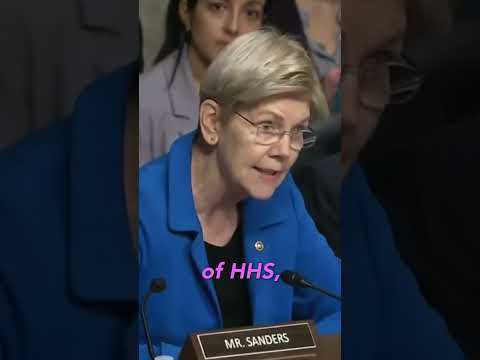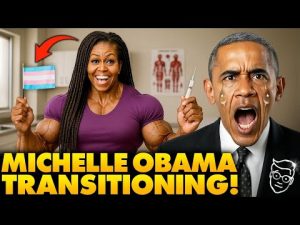In a spectacle that could only be described as high political theater, Robert F. Kennedy Jr. once again found himself in the crosshairs of progressive ire, this time courtesy of Senator Elizabeth Warren’s latest outburst. It’s no secret that Kennedy Jr. has faced his fair share of challenges over the years, but dealing with Warren’s dramatic displays might just take the cake. Armed with a cool demeanor and a commitment to his principles, Kennedy Jr. navigated Warren’s accusations like a seasoned diplomat, promising adherence to ethical standards while Warren tried desperately to steer the conversation in another direction.
The heart of the heated discussion revolved around Kennedy’s potential impact on vaccine policies if he were to hold a significant healthcare position, like Secretary of Health and Human Services (HHS). Warren, with characteristic fervor, painted a doomsday scenario where Kennedy wielded the power to undercut vaccines and disrupt their manufacturing nationwide. Her insinuations implied that Kennedy’s influence could spell disaster for public health, dismissing any notion that he could maintain a balance between personal beliefs and professional responsibilities.
Kennedy’s response was nothing short of artful, as he deftly avoided Warren’s attempts to pigeonhole him into a corner. He assured he would comply with ethical guidelines without giving in to Warren’s pressure to pledge absolute allegiance to vaccine manufacturers. Warren’s insinuation that Kennedy would use such a position to cash in financially while putting children’s lives at risk was a melodramatic leap, but it added fuel to her already roaring fire.
Of course, Warren’s performance didn’t go unnoticed by those who often point out the inconsistencies in her rhetoric. The irony was not lost on observers as Warren criticized Kennedy for his supposed motivations while seemingly ignoring the lucrative ties between politicians and pharmaceutical companies—a topic she rarely broaches in any meaningful way. To some, it seems Warren’s concern for vaccine access conveniently aligns with a broader, less-discussed agenda.
This political drama is yet another example of the deep division and grandstanding that characterize much of today’s political discourse. While Kennedy Jr. continues to face challenges from all sides, he handles himself with the calmness of someone who has faced countless storms. As for Warren, her attempt to paint Kennedy as a villain may resonate with her base, but others see it as yet another act in the endless saga of partisan theatrics. And once the curtain falls, it leaves the audience wondering if the show was ever really about public health or just another political performance.



